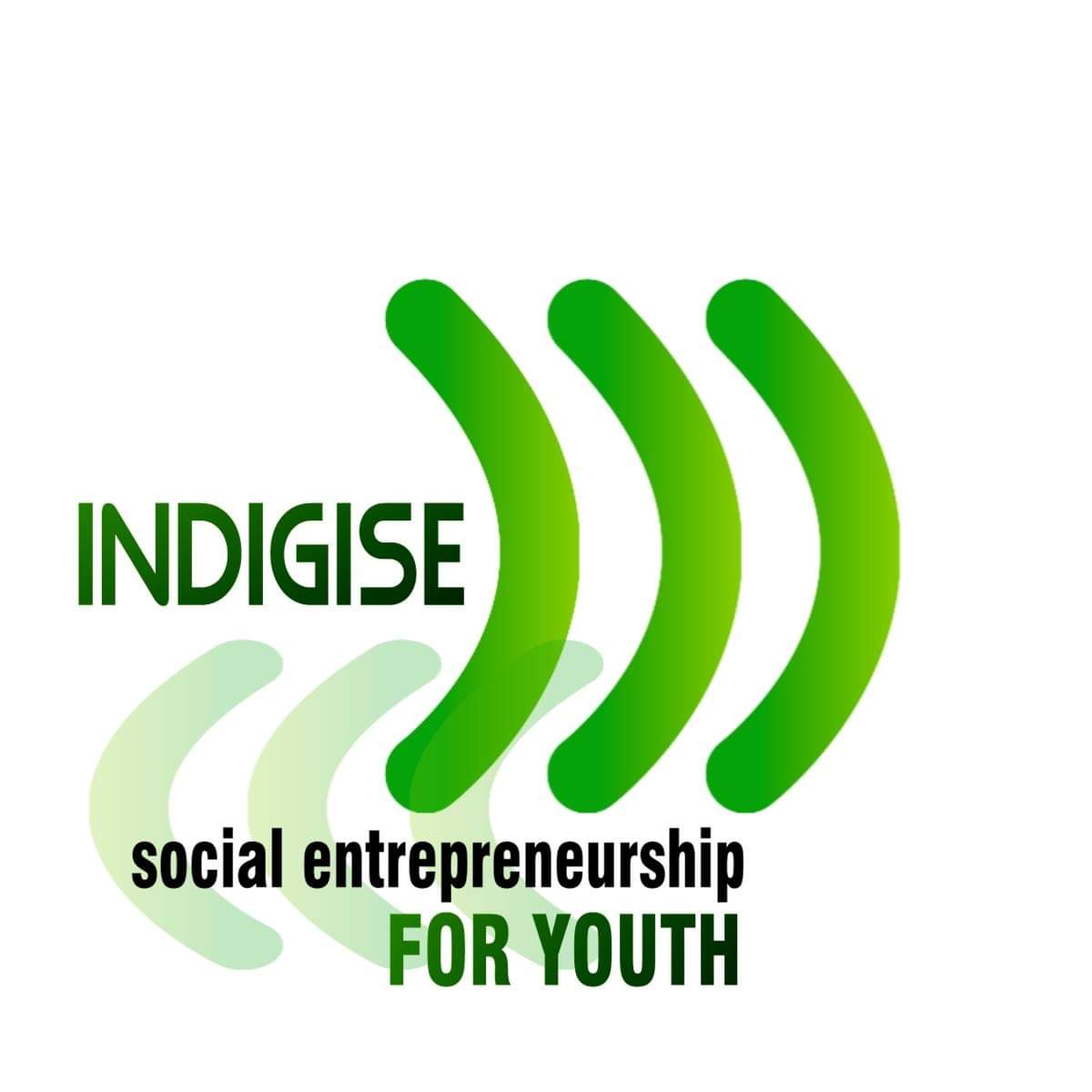Despite the burgeoning research on social entrepreneurship in recent years, there is limited research on youths as a context for theorizing. This article examines the influence of social entrepreneurship on youth development through the positive youth development perspective. It explores how youth participation in social entrepreneurial activities helps develop their sense of purpose in life. Using data from semi-structured interviews with 27 youths and participant observations, this article demonstrated that social entrepreneurship contributes to youth purpose development by facilitating social conscience, prosocial connectedness, capability and personal agency development and how these manifest in different stages of youth purpose commitment.
SOME OF THE FINDINGS
This article makes three novel contributions to the SE literature. First, this article offers a process model of how SE participation can lead to the positive youth development through building youths’ positive purposes. The process model well summarized the stages in which the purpose development of the youths can be fostered by SE participation. Specifically, this article highlights that through facilitating youth activism, promoting civic participation, cultivating sense of belonging, building skills and competences, and nurturing personal agency, SEs enable several major processes of youth purpose development, including initiating, sustaining, escalating, and evolving commitment towards what the youths aim to achieve over time. This highlights a multi-functional aspect of SEs, which is not well documented in existing SE research, and shows how SE could play different roles in fostering youth purpose development at different stages.
This study implies the importance of collaboration between SEs and schools or universities. Such collaboration can assist the growth of the local SE sector through a pool of purpose-driven youths as valuable resources. Therefore, developing youths’ sense of purpose is not the holy grail of SE alone but it can also help spur the rise of positive minded youth leaders to support the growth of SE sustainably.
GAPS AND FURTHER RESEARCH
While this article shed some light on the roles of the SE in developing youths’ life purpose, it is not without limitations. First, this article focused on positive youths alone, which constitutes a small population of the youths participating in SEs. Future studies can examine the development of other types of youths within the SE settings, such as those who flunked out of SEs for whatever reasons they may be, as well as those who might develop negative experiences with SEs. Second, more research is needed to examine how relevant stakeholders of SEs such as funders (private or public), the policy makers, and colleagues or team members, may exert influence on the purpose development of youths.
Future research may also adopt hypothetico-deductive research to evaluate the efficacy of SE interventions on youths (e.g. SE activity with or without pay; SE as a graded activity in students’ GPA or merely an extracurricular activity; SE curriculum with stronger emphasis on social value versus entrepreneurial skills) and characteristics (e.g. SE being located school/campus or outside, full time or part-time involvement in SE).
The full article is available HERE or as a download below.
To cite this article: Dalphine Ong , Liang Shang , Yanto Chandra , Mashitah Hamidi & Haris Abd
Wahab (2020): The role of social entrepreneurship for youth purpose development, Journal of
Asian Public Policy
To link to this article: https://doi.org/10.1080/17516234.2020.1815274


This publication has been prepared within INDIGISE project. The content of this publication is the sole responsibility of the project coordinator and may not always reflect the views of the European Commission or the National Agency.
















Leave A Comment